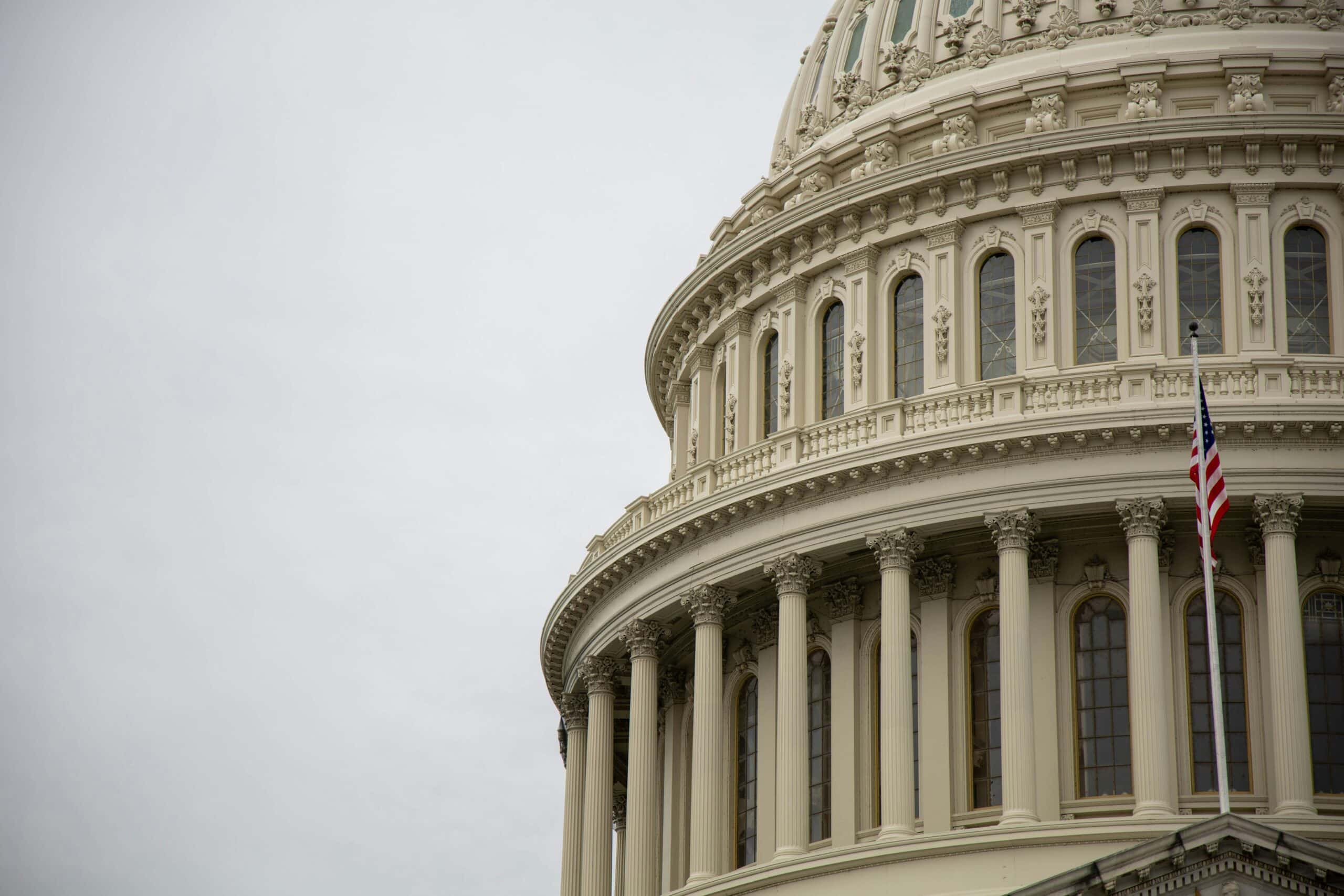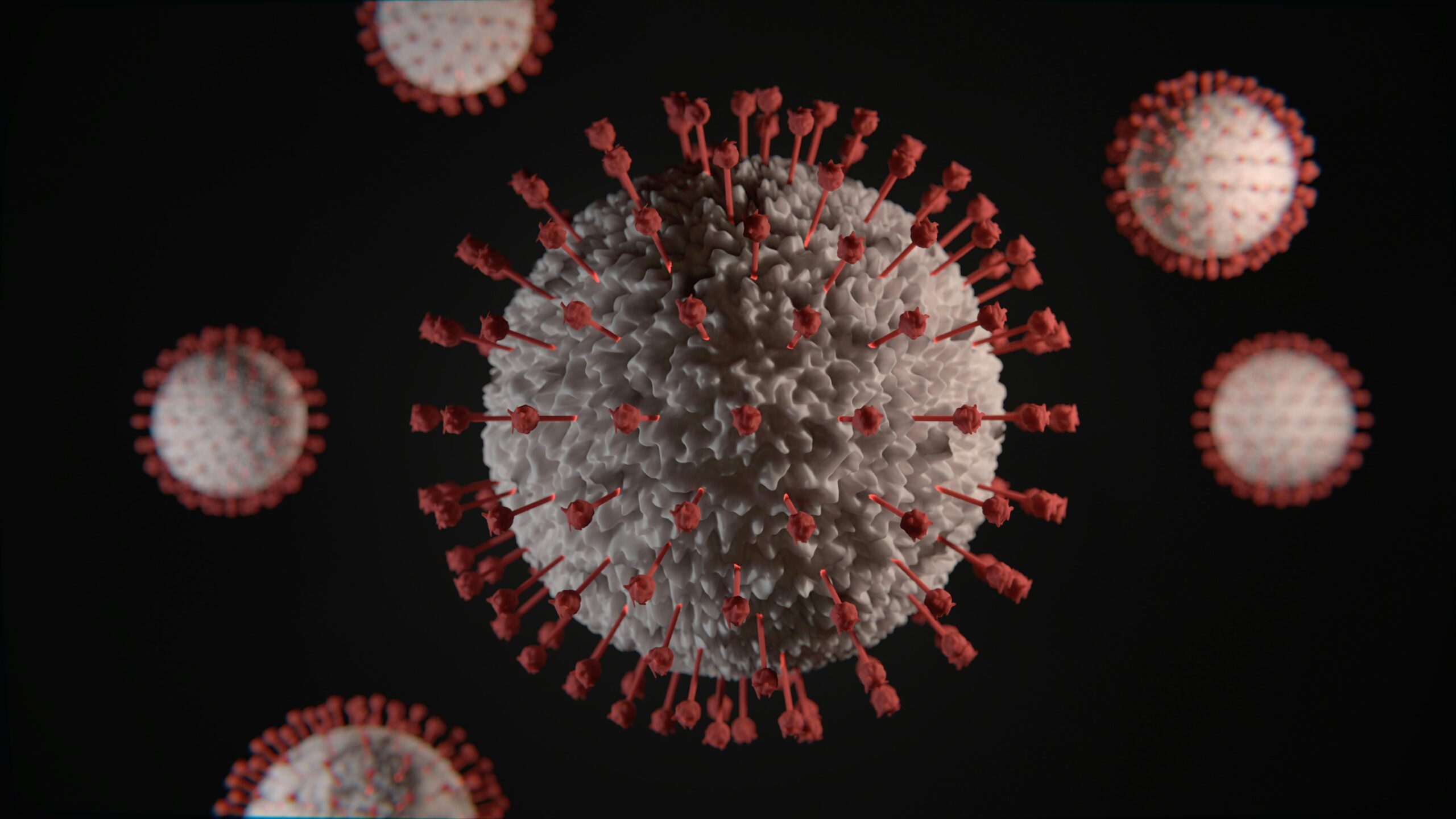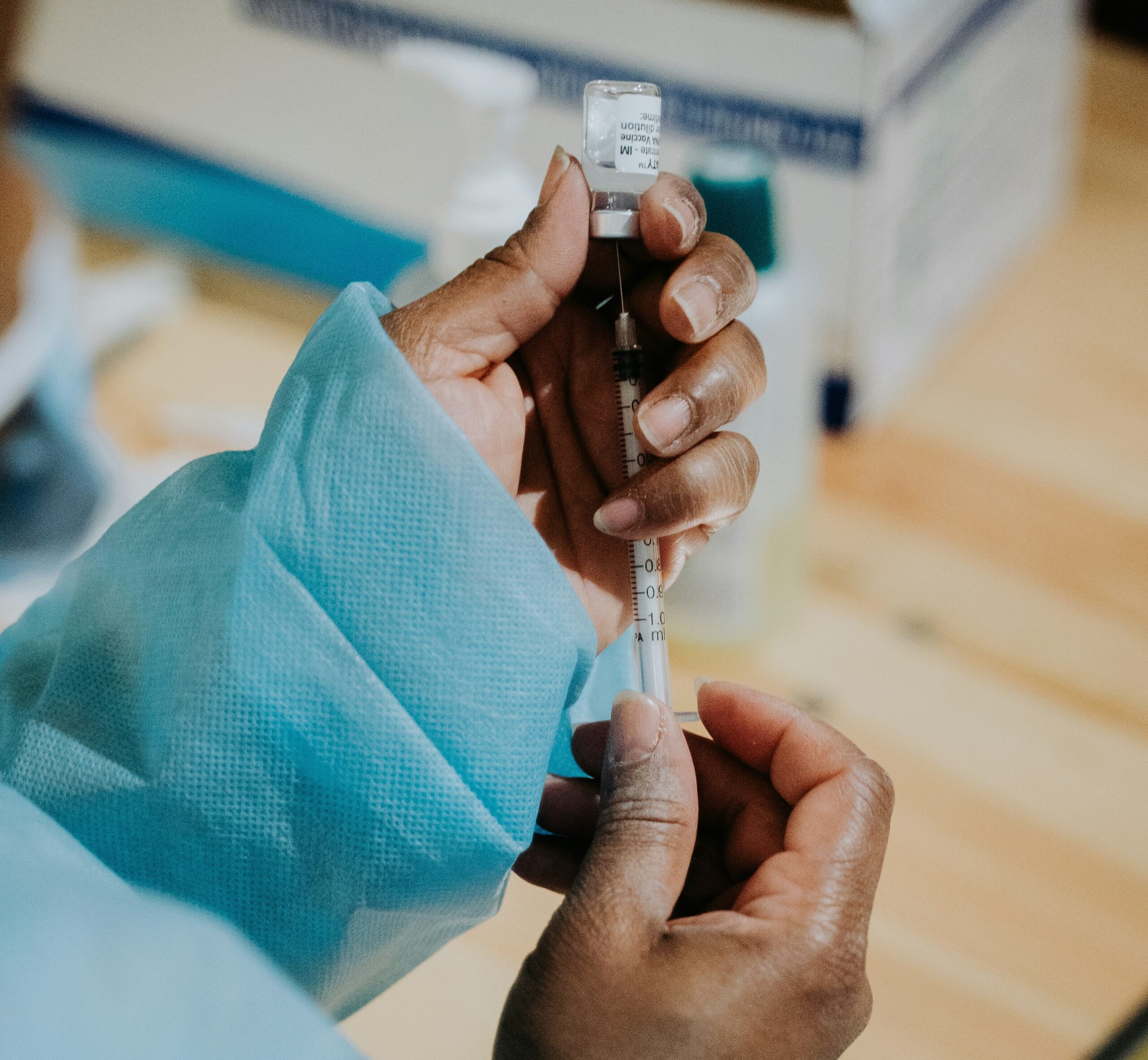
Vaccine Survey
Scientists’ Views on Vaccination Policies
Section 03
Survey Overview and Demographics
General Overview
Study Date: 02.06.22–08.07.22
Geographic Coverage: United States
Expertise:
- 65.24% Biology
- 29.87% Civil and Environmental Engineering
- 4.87% Biochemistry
Response Overview
Sample Size: 831
Valid Responses: 316
Response Rate: 38
Date initial findings posted: 06.28.23
Most recent update: 06.28.23
Days survey in field: 28
Average response time: 10.1
Survey Demographics
Respondent Demographics:
- 39.8% Female
- 60.2% Male
- 100% Academic
- 0% Industry
Language(s): English
Section Overview
This section of the survey asked scientists about their views on policy decisions to reduce vaccine hesitancy. In the broader survey, we asked scientists a variety of questions about their views on why vaccine hesitancy has increased in the US population.
Question
What do you believe is the risk/benefit tradeoff associated with each of the following potential decisions that might be considered during a time of national pandemic emergency similar to the threat level and communicability of COVID-19?

Finding
Majorities believe that the benefits either somewhat or greatly exceed the risks of expediting the diagnostics needed to test for active infections by either streamlining (87%) or suspending (60%) parts of FDA approval processes.
While majorities also believe that the benefits either somewhat or greatly exceed the risks of expediting approval of vaccines by regulatory process streamlining (78%), many fewer (31%) feel the same about suspending parts of FDA approval processes.
Question
For each, of the following statements, please indicate whether it is consistent or inconsistent with your personal beliefs.

Finding
Almost two-thirds (64%) indicated that the statement “mandatory immunization laws are critical for protecting public health” are consistent with their personal beliefs.
More than three-quarters (77%) believe that the statement “compulsory immunization laws unnecessarily limit personal freedoms” are not consistent with their beliefs.
A majority (51%) responded that “policies that persuade are always better than policies that coerce” is consistent with their beliefs.
In contrast, there is considerable disagreement regarding the statement “the best vaccination strategy is to empower individual decision-making,” as 42% selected somewhat consistent with their beliefs, while 36% chose not consistent with their beliefs, and 22% selected very consistent with their beliefs.
Question
Would you favor or oppose the regulation of social media platforms to prevent vaccine misinformation?

Finding
56% of scientists strongly favor some form of social media regulation as a means of preventing vaccine misinformation.
Female scientists were more likely than male scientists to strongly favor regulation of social media platforms to precent vaccine misinformation (71% and 46%, respectively; mean difference=0.53, t=4.9, p<.01).
Question
Recently, the Biden administration halted the implementation of the Department of Homeland Security’s newly created Disinformation Governance Board to coordinate countering misinformation related to homeland security. Do you think there should be a similar government body tasked with countering misinformation and disinformation related to vaccine risks and benefits?

Finding
Three-quarters of all respondents (79%) think there should be a government body to address vaccine-related misinformation and disinformation related to vaccine risks and benefits; 21% oppose the idea.
Female scientists are more likely than male scientists to support the idea (mean difference=0.1, t=2.6, p<.01)
Question
How much of a controversy is there in the science community regarding the value of FDA approved vaccines?

Finding
A little over one-quarter (78%) of scientists contend that there is no controversy or not very much controversy in the science community about the value of FDA approved vaccines.
Approximately one in five (22%) respondents believe there is somewhat, very much or extreme controversy in the scientific community regarding the value of vaccines.
Subgroup analyses revealed that respondents in public health were more likely than biologists to believe there is a controversy in the science community about the value of vaccines (mean difference = 3, t=2.7, p<.01)
Question
How much are each of the following groups responsible for generating controversy about vaccines?

Finding
Most scientists believe that most of the responsibility for the vaccine controversy rests with politicians (87% very or extremely responsible) and disinformation campaigns (90% very or extremely responsible).
The second tier of responsible actors includes journalists (58% very or extremely responsible) and the general public (32% very or extremely responsible).
Few respondents identified scientists (7%) or healthcare workers (7%) as responsible for the vaccine controversy.
Question
In your opinion, what is the most likely origin of the COVID-19 pandemic?

Finding
A majority of respondents (59%) indicated that animal-to-human transmission is the most likely origin of the COVID-19 pandemic.
A smaller proportion (15%) believe that a laboratory leak was the source, and one-fifth were uncertain about the origin of COVID-19.
Among the remaining scientists (5%) who selected ‘something else’, some believe the origin of COVID-19 is too uncertain and complex, while others think the origin is a combination of a laboratory leak and animal-to-human transmission.
Question
Have you ever deliberately decided not to get a vaccination when one was recommended?

Finding
A small percentage of our sample (15%) reports that they had “deliberately decided not to get a vaccination when one was recommended.”


